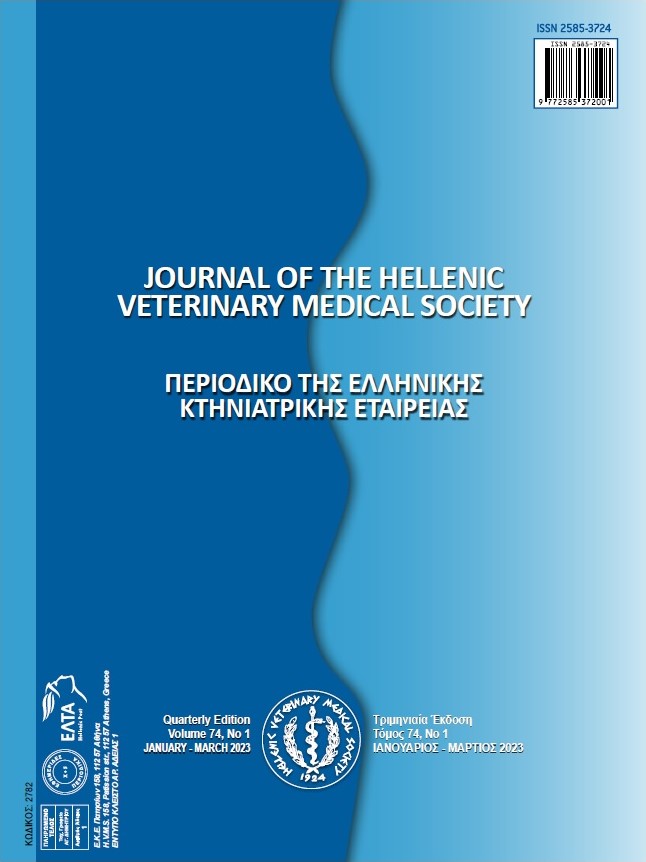Retrospective Evaluation of Challenging Delayed Union and Non-union Encountered in Dogs: 16 Cases (2012-2018)

Abstract
This paper aims to showcase some challenging delayed union and non-union cases, explain their possible causes and the treatment processes they underwent. Most non-union cases included in this study required at least two surgical interventions, and the main reasons for the consecutive interventions were either compromised vasculature of the soft tissues due to extreme trauma or infection. The final successful procedure for cases with excessive soft tissue trauma was external fixator application in most cases. Bone plates were more successful in cases with infection or had poor owner compliance. Minimally invasive external fixator implementation seems to be efficient in preserving the compromised vasculature of the bone while bone plates show better results in cases with localized infection. Harvesting bone grafts from the iliac crest was very practicable, required little time and should be utilized in every possible non-union case given their obvious benefits.
Article Details
- How to Cite
-
İnal, K., Önyay, T., Yılmaz, M., Yardımcı, C., & Özak, A. (2023). Retrospective Evaluation of Challenging Delayed Union and Non-union Encountered in Dogs: 16 Cases (2012-2018). Journal of the Hellenic Veterinary Medical Society, 74(1), 5145–5154. https://doi.org/10.12681/jhvms.27840
- Issue
- Vol. 74 No. 1 (2023)
- Section
- Research Articles

This work is licensed under a Creative Commons Attribution-NonCommercial 4.0 International License.
Authors who publish with this journal agree to the following terms:
· Authors retain copyright and grant the journal right of first publication with the work simultaneously licensed under a Creative Commons Attribution Non-Commercial License that allows others to share the work with an acknowledgement of the work's authorship and initial publication in this journal.
· Authors are able to enter into separate, additional contractual arrangements for the non-exclusive distribution of the journal's published version of the work (e.g. post it to an institutional repository or publish it in a book), with an acknowledgement of its initial publication in this journal.
· Authors are permitted and encouraged to post their work online (preferably in institutional repositories or on their website) prior to and during the submission process, as it can lead to productive exchanges, as well as earlier and greater citation of published work.


